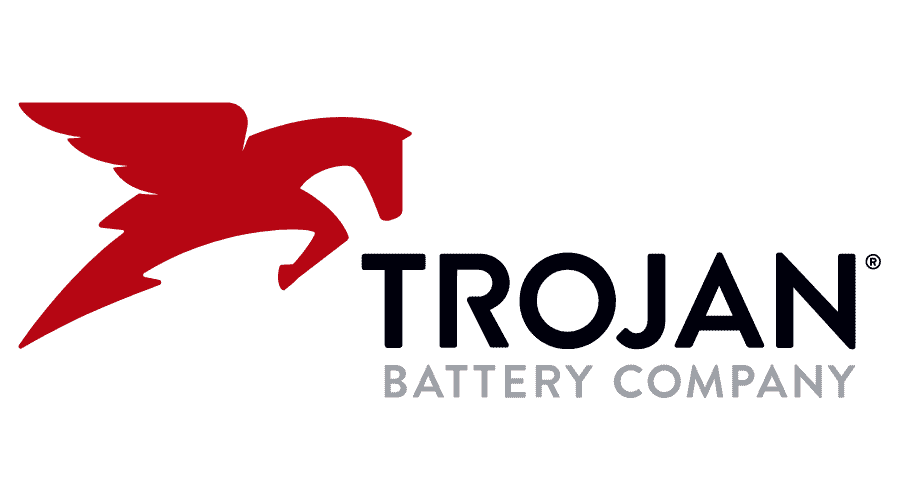September 21, 2001—Internet misuse is costing corporate America more than $63 billion annually in lost productivity, according to employee Internet management (EIM) company Websense. Websense also reports lost productivity of more than 9.6 billion annually for UK businesses.
Hailed as a productivity tool, the Internet is now also considered a major distraction for companies nationwide. Dataquest, a division of Gartner Group, estimates more than 57 million American workers and more than 13.6 million British workers are Internet-enabled this year. However, research group IDC reports as much as 40% of all US employee Internet use is non-work-related, as workers stream to entertainment, shopping and pornographic Web sites at work. Recent data from Websense similarly shows that 44% of UK employees who are Internet enabled are spending an average of 3 hours per week surfing personal sites at work.
The end result is potentially billions of dollars in lost productivity, maintains Websense, a software company that makes EIM solutions allowing companies to manage their employee Internet use. Websense based its productivity figure on the average US salary, as reported in the most recent US Census, and one hour of non-work-related surfing per employee per week.
“Sixty-three billion dollars [or 9.6 billion pounds] is actually a conservative number when you factor bandwidth loss, storage costs, and legal liabilities associated with free and open Internet use in the workplace,” said Andy Meyer, Websense vice president of marketing. “However, there is a flip side to the story—the Internet can still be an incredibly powerful and useful business tool, if managed correctly.”
Websense’s report comes fresh on the heels of productivity levels recently reported by the US Labor Department. American worker productivity—the amount of output per hour of work—fell at an annual rate of 1.2% in the first quarter of 2001, the biggest drop in eight years. In the first quarter, employees’ output went up but their hours grew twice as fast, leading to the decline in productivity.
In the UK, employment is at a 26-year high according to the Labour Force Survey released by the Office of National Statistics, which shows the number of employed people has risen by 250,000 in the last year. Websense notes that the tightening labor market will make it harder for employers to retain and motivate high-quality employees who have brought increased productivity in a changing work place environment.
Given the productivity drain, the tendency may be for corporations to restrict or block employee Internet access outright. However, recent research from the Center for Internet Studies shows that many US employees are working longer hours and think it is necessary to accomplish some personal tasks from the office via the Internet. In fact, 68.4% surveyed felt they should be allowed to access non-work-related Web sites at break times, while 56.6% favored software that allocates a certain time of personal use each day at work.
In light of this research, Websense recently released Websense Enterprise v4.3, a flexible EIM software package with a Quotas feature that enables IT administrators to schedule blocks of time to be used individually throughout the workday by each employee. For example, managers can allot 30 minutes per day per employee for personal surfing of entertainment or shopping sites—after which time, access becomes more limited. For more information, visit Websense.




